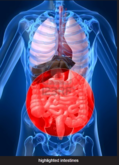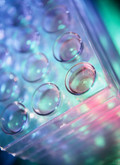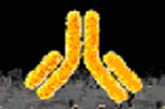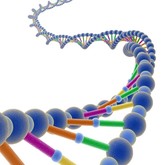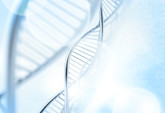Biosimilars/Research
Safe for IBD patients to switch to biosimilar infliximab
A UK study has shown that inflammatory bowel disease (IBD) patients can be safely switched from originator infliximab, Johnson & Johnson’s and Merck’s Remicade, to biosimilar infliximab using a managed-switching programme [1].
Regional management of biosimilars in Germany
Biosimilars offer alternative treatment options and reduce the financial burden on healthcare systems often brought about by more expensive originator drugs. Approved biosimilars of tumour necrosis factor-alpha (TNF-α) inhibitors, such as infliximab or etanercept, are managed differently across Europe. A recent study by Dr Mathias Flume assesses the prescription structure and regional uptake of these biosimilars across Germany, with focus on the Westphalia-Lippe region [1].
Positive results for Pfizer’s adalimumab biosimilar
US pharma giant, Pfizer, reported positive top-line results from a comparative study of their candidate adalimumab biosimilar (PF-06410293). The originator biological, AbbVie’s Humira (adalimumab) had sales of just over US$14 billion in 2015 [1], up 11.7% on the previous year, and retaining its place as the top grossing pharmaceutical product globally.
Positive phase III results for adalimumab biosimilar from Coherus
A phase III study of an adalimumab biosimilar (CHS‑1420) from Coherus has reported that the biosimilar is ‘similar’ to AbbVie’s Humira (adalimumab), according to the company.
Improvement in uptake of biosimilars in Spain
Author Ainhoa Aranguren Oyarzábal and colleagues from the Madrid Health Service (MHS), Spain found that there has been an increase in the uptake of biosimilars in Spain since indicators were introduced [1].
Uptake of biosimilars increasing in Spain
Use of biosimilars in Madrid, Spain, has increased after approaches were introduced to try and improve uptake of biosimilars in the country, according to Ainhoa Aranguren Oyarzábal and colleagues from the Madrid Health Service (MHS), Spain [1].
Approaches to increase uptake of biosimilars in Spain
Ainhoa Aranguren Oyarzábal and colleagues from the Madrid Health Service (MHS), Spain, describe approaches that have been introduced in Spain to try and improve uptake of biosimilars in the country [1].
A strategic approach to increase uptake of biosimilars in Spain
Ainhoa Aranguren Oyarzábal and colleagues from the Madrid Health Service (MHS), Spain, describe the strategic approach that has been introduced in Spain to try and improve uptake of biosimilars in the country [1].
Improving uptake of biosimilars in Spain
Ainhoa Aranguren Oyarzábal and colleagues from the Madrid Health Service (MHS), Spain, investigated how efforts to improve the uptake of biosimilars in the country have been working.
Assessing the immunogenicity of monoclonal antibodies
Safety is a major concern when it comes to biologicals (including biosimilars) and the most critical safety concern is immunogenicity. This is especially important in monoclonal antibody (mAb) biologicals, which are large molecules with complex structures and functions and which represent the largest class of biologicals [1].
